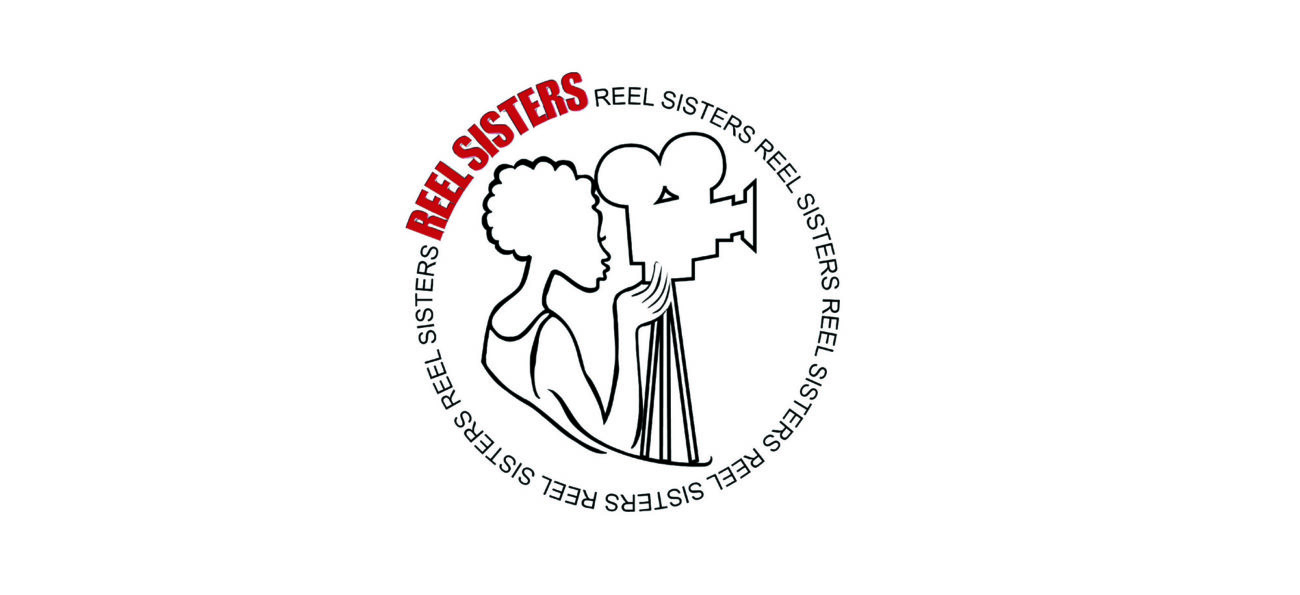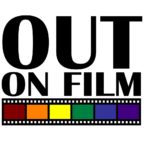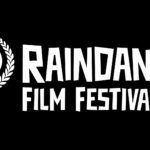
Keepin’ it reel: Brooklyn’s Reel Sisters of the Diaspora Film Festival
Devoted to showcasing, supporting, and inspiring the creation of films produced, directed, and written by women of color, the Reel Sisters of the Diaspora Film Festival and Lecture Series is an empowering independent film festival raising pivotal voices. Since 1997, the Brooklyn-based festival (which was the first of its kind) has been enriching the city with an annual program full of world-class diverse storytelling.
Reel Sisters of the Diaspora continues to thrive at a time when a new generation of visionary women of color are speaking out against industry inequality and breaking new ground in mainstream cinema. According to founder Carolyn A. Butts, that may be because it’s more than just a film festival.
“Reel Sisters has been in the forefront of the inclusion movement for 21 years and has presented over 3,000 films produced, directed, and written by women of color.” The festival started out as a two-day event and now offers a six-week festival season including screenings, workshops, and a gala honoring filmmakers and industry leaders. “We have also distributed more than $25,000 in scholarship money since our inception and have helped set the agenda for creating opportunities for women in the film industry through our advocacy and support of other organizations with similar missions. It is an exciting time for women of color in film and as the festival is growing, we’re happy to be a part of that.”
As highlighted by the recent box office successes of films like Black Panther, Wonder Woman, Get Out, A Wrinkle in Time, and Hidden Figures, Hollywood is slowly inching forward with hit movies boasting diverse storytelling. Though Reel Sisters of the Diaspora has changed in the 21 years since its inception, the core values of the festival remains the same. “Our mission has not changed but the film industry is changing,” Butts told Film Daily, “It’s recognizing the value of having women of color produce, direct, and write films. Doors are opening thanks to a generation of visionary women speaking out about equality and inclusion in Hollywood. We hope the progress continues and more women and people of color are hired to direct big budget films.”
In 2018, the Reel Sisters of the Diaspora Film Festival will also make history as the first Academy Award Qualifying Film Festival for narrative shorts dedicated to women of color. The new status will be a major game changer for giving women of color access to Oscar consideration in the Live Action Shorts category. It’s worth noting in the 90-year history of the Academy Awards, women of color haven’t been well represented within the category. Asian-Canadian director Yuki Yoshida won an Oscar for her short I’ll Find a Way in 1978 and it wasn’t until 1996 that the first African-American woman, Dianne Houston, received a nomination for Tuesday Morning Ride. Butts explained, “It is a milestone for female directors who rarely get nominated by the Academy Awards for Oscar-worthy films.”
As a showcase of emerging talent, Reel Sisters of the Diaspora has proven to be an incubator of new and exciting voices, acting as a launchpad for women of color to enjoy international recognition and acclaim. Monikka Stallworth – a recipient of the 2003 Reel Sisters Best Director Award – went on to have her film Mello’s Kaleidoscope featured in Robert De Niro’s second Tribeca Film Festival. In 2018, Reel Sisters filmmaking alum Samantha Knowles (whose first film Why Do You Have Black Dolls? was showcased as part of the 2013 program) will also showcase her short documentary The Blue Line at Tribeca as part of its N.O.W. Op-Docs screening.
In an interview, Knowles praised the stimulating structure of Reel Sisters of the Diaspora in supporting and encouraging the careers of female filmmakers of color. “One of the best things . . . about Reel Sisters is the fact you get to meet other filmmakers of color. Specifically women of color who are filmmakers. And there’s a real sense of community to the extent that a lot of the films that screened at Reel Sisters had screened at other film festivals that I had been to, so I was able to make a lot of connections.”
Butt is understandably proud of that fact. “Reel Sisters is more than a festival – it is a community in which filmmakers and film lovers come together to celebrate stories that reflect their lives. Our audience is responding to stories and characters that have been ignored by Hollywood.” In 2013, the festival also honored Issa Rae with the Reel Sisters Pioneer Award before she signed on with HBO and became better known for her web series The Misadventures of Awkward Black Girl. In an affirming acceptance speech at the festival, Rae urged women of color to challenge the perception that nothing has changed in the film industry.
“My mom was wrong. Things are changing because now, and I am a testament to this, we have so many tools at our hands to create our own work and to build our own audiences . . . There aren’t the same gatekeepers that were there before. You have no excuse if you want to tell your story and if you want to put your work out there. You can do it in any medium on any screen, on a cell phone (or) a theater screen. If I can do it, you can do it.”
Rae’s sentiments form the foundations of what could be considered the underlying passionate mantra that buzzes away behind everything Reel Sisters of the Diaspora does as a festival and lecture series. It’s something female filmmakers of color should bear in mind, particularly as now is the perfect time to submit movies for this year’s program (the Reel Sisters’ call for submissions is now open and will close in June.) For those considering submitting something special to the festival, Butts has a few crucial tips worth remembering.
“Understanding the art of storytelling is important – excellent films start with a well-written script and developed characters. We view many films with great concepts but the execution falls short. We’re always disappointed when this happens. We also encourage emerging filmmakers to find mentors and learn their craft. Most states and countries have services to help filmmakers learn about script writing, editing, and production. You can explore online courses but finding a community of professional filmmakers that can mentor you is important. It’s where you will find your tribe and support system.”
Advising first-time filmmakers to not go over 90 minutes, Butts also urges ambitious filmmakers with a big story to reconsider their approach in telling it. “It is hard for festivals to program films longer than 90 minutes. Many films we’ve viewed over 90 minutes needed editing. If you believe your story demands more than 90 minutes, consider creating a four or five part series. You can use part one to attract funding for a longer film and it’s worth remembering streaming companies like Netflix, Amazon, and HBO are seeking content. Technology has opened up many opportunities so go out there and make your films!”
Reel Sisters of the Diaspora Film Festival is currently accepting films via FilmFreeway. You can also connect with them via Twitter @Reelsisters and help the festival (which is run by a non-profit arts organization) offer cash prizes and pay for venue costs by donating to them for 2018.





